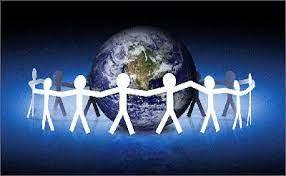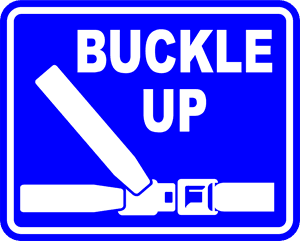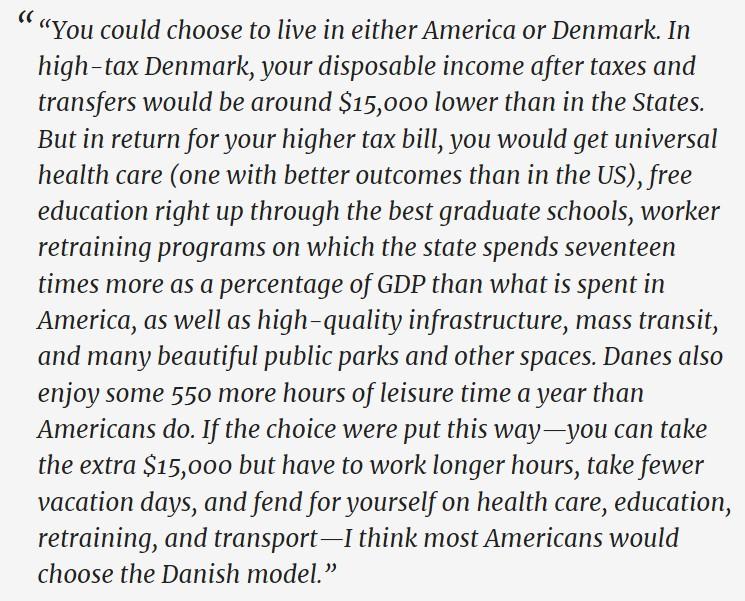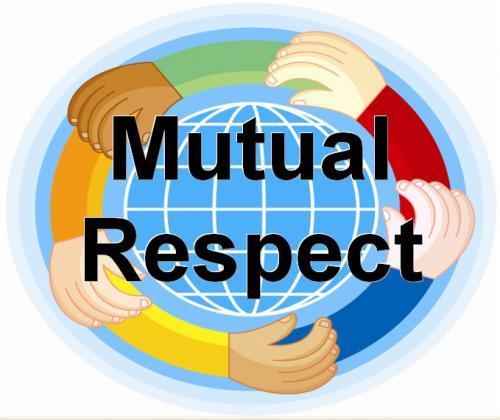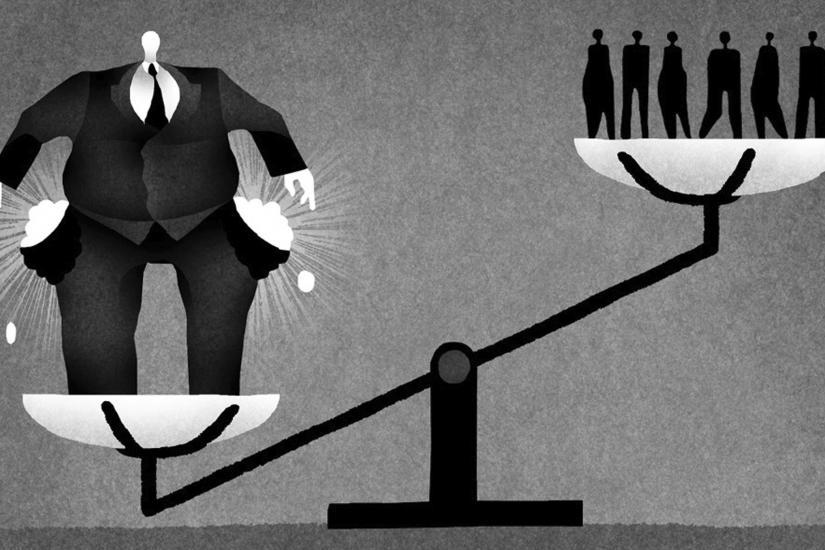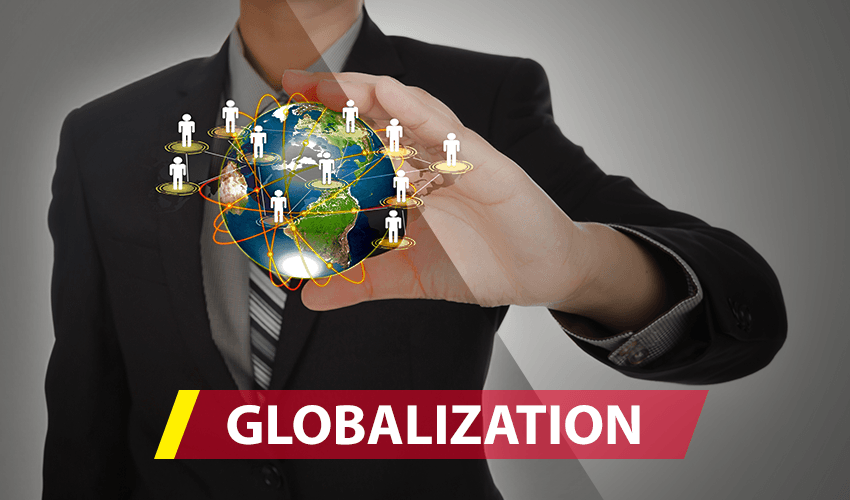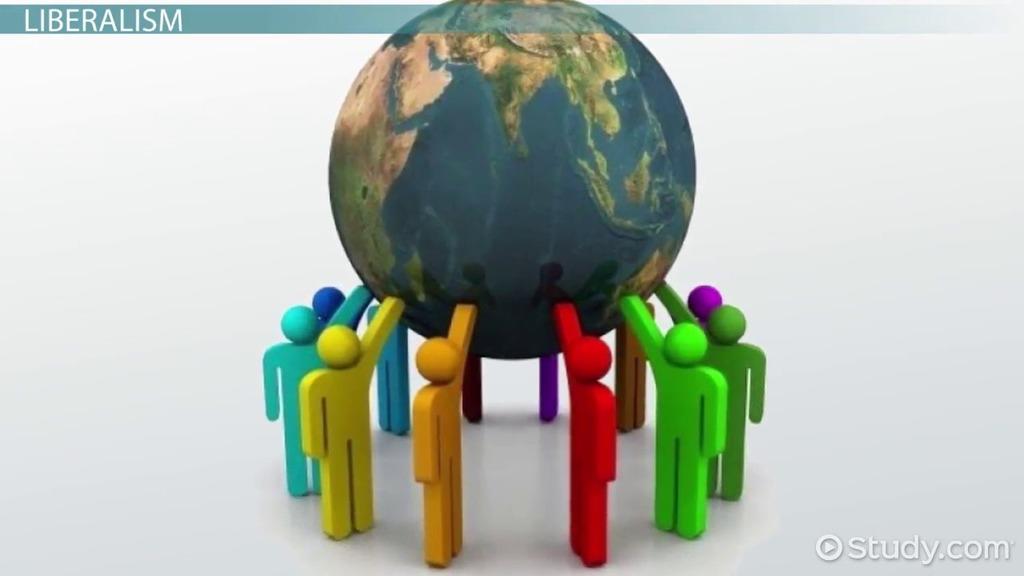K 's Key Ideas from Ten Lessons for a Post-Pandemic World
by Fareed Zakaria
Ideas, facts & insights covering these topics:
24 ideas
·16.2K reads
54
3
Explore the World's Best Ideas
Join today and uncover 100+ curated journeys from 50+ topics. Unlock access to our mobile app with extensive features.
“Everyone is connected, but no one is in control. In other words, the world we live in is open, fast — and thus, almost by definition, unstable.”
FAREED ZAKARIA
89
2.2K reads
Lesson 1 - Buckle Up
Technology has advanced considerably over the last few decades, but instead of stopping and thinking about how to keep ourselves safe, we have continued to expand. Zakaria describes this as humans having built the fastest sports car ever imaginable. However, we are driving it into the unknown with no seatbelts on. We haven’t equipped any airbags, and we haven’t purchased any insurance. Driving this sports car makes us feel innovative, modern, and powerful, but we experience crashes along the way. These crashes are getting worse with time.
87
1.58K reads
Despite these crashes, we still haven’t stopped to consider the safety precautions we need. Instead, we pull the vehicle over, tune up the suspension, and fix the engine. We continue to make our cars faster and faster, and yet we put ourselves in more profound danger. Zakaria believes the pandemic is an example of a massive crash. He quotes Larry Brilliant’s idea that “Outbreaks are inevitable but pandemics are optional.” We can’t stop the crashes, but we can control their impact. We should not continue our unsustainable expansion after the pandemic.
81
1.19K reads
Lesson 2 - Improve the Quality of Government
America believed it was too powerful to collapse financially and politically, but the pandemic has proven us all wrong. Many people have started to associate COVID-19 with political polarization and economic dysfunction. Businesses are in turmoil and there are major debates on both sides about the best way to handle the situation. America may remain the most powerful nation for military personnel, but this means nothing if America’s lives are in danger.
79
1.04K reads
America is becoming more inward-looking and obsessed with being patriotic. It is missing the opportunity to influence world politics and stand at the forefront of innovation. Most of the world has regarded America as a beacon of knowledge for many years, but America now needs to learn from the rest of the world. It needs to improve the quality of its government and incorporate political stability. This allows it to protect its citizens and their quality of life.
78
901 reads
Lesson 3 - Markets Do Not Dictate Happiness
Zakaria accepts that markets with appropriate regulations ensure a relatively level playing field. However, the market performing well does not mean society is performing well. Currently, science, technology, and education in America lack crucial funding. Therefore, Zakaria suggests America needs to take a leaf out of the Nordic countries’ economic policies. This is the only way America can continue to compete with worldwide technological and economic development.
77
829 reads
Lesson 4 - Experts and People Need to Develop Mutual Respect
The pandemic and recent American elections have highlighted that people are starting to trust experts less. Part of the problem is that experts have become an elite group who develop power and authority based on their knowledge. Certain countries have pushed back against this elitism, including America and Brazil. This has led to governments built on celebrations of ignorance rather than knowledge. These governments form policies based on populism rather than facts.
81
613 reads
America and Brazil’s COVID-19 responses show that rejecting experts’ opinions does not produce good results. However, the responsibility also lies with the experts. Experts must learn to connect with people and avoid an elitist bubble. The most destructive thinking is believing that your success makes you superior in your society. After all, in democracies, at least, the wishes of the population are the ultimate source of authority.
79
520 reads
Lesson 5 - The Digital World Is Here to Stay
The pandemic pushed us closer to our technology. It has encouraged people to consider the possibility of us becoming completely dependent on computers and artificial intelligence. However, Zakaria argues that we are already practically at this point. A phone in our pocket has greater access to information than any person could possess, and can solve complex tasks in nanoseconds. Many of our systems depend on technology.
76
533 reads
Despite this, Zakaria doesn’t believe we are at a stage where we mistake our technology for our friends. Instead, technology has the potential to make us value our human companions even more. The pandemic has highlighted that humans are more than problem solvers. Humans are brave, loyal, generous, faithful, and loving. At the moment, technology is none of these things.
77
506 reads
“The movement to digital is fast and broad and real. But perhaps one of its deepest consequences will be to make us cherish the things in us that are most humans.”
FAREED ZAKARIA
78
535 reads
Lesson 6 - We Are Social Animals
Aristotle described humans as social animals. As humans, we built cities to socialize and help each other. Whether economic, social, or political, almost every significant movement in history began in cities. This was where the individuals responsible could organize and gather to become a force for change. Even though our cities have reached a standstill due to lockdown, the human hard-wiring to socialize will always remain.
76
456 reads
The lockdown has brought out many people’s tendencies to participate in more significant things than themselves. It has pulled together communities and inspired socialization and cooperation among neighbors. We have seen enormous acts of generosity, kindness, and empathy. We need this connectivity to remain after the pandemic.
77
451 reads
Lesson 7 - Inequality Will Get Worse
The COVID-19 pandemic has highlighted inequality within our society, and it has decreased it in some areas. The most obvious way inequality has narrowed is between the healthy and the ill. Many people who were used to being healthy all the time have crossed the divide and experienced severe illness. Subsequently, many people have changed their views of individuals who are often ill. This has helped form a better understanding of illness and increased empathy in society as a whole.
75
439 reads
However, pandemics generally make other inequalities more significant. For example, the COVID-19 pandemic has highlighted and reinforced the disparity between the rich & poor. Many who could not afford to stop working have been unable to isolate themselves, even if they are considered at-risk. The wealthier members of society have the luxury of isolating themselves correctly and in better conditions. Their working conditions are also likely to be pleasanter, with more work-from-home spaces and better equipment available. It is highly likely that we will have another pandemic in our lifetimes.
75
402 reads
“This should remind us to value the many people whose jobs do not generate huge incomes but are worthwhile, essential, even noble—from scholars and teachers to janitors and street cleaners. The market may not reward them, but we should respect them.”
FAREED ZAKARIA
78
436 reads
Lesson 8 - Globalization Is Not Dead
The new age of technology has connected all the world and created mass globalization. We are more interconnected than ever before, and our economies heavily depend on other economies. Although many countries talk of deglobalization and improved self-sufficiency, there are many areas where this isn’t currently feasible. Although the COVID-19 pandemic has had significant impacts on trade and will continue to do so, it’s unlikely to end globalization.
74
397 reads
However, Zakaria highlights that hard-edged realpolitik is still lurking. With the rise of China and growing tensions with America, a conflict could be around the corner. Therefore, although globalization has offered fantastic opportunities, it has the potential to create conflict based on economics.
75
381 reads
Lesson 9 - The World Is Becoming Bipolar
There are many divisions in our world, and these seem to be becoming stronger, both nationally and internationally. The US-China battle is a form of bipolarity. The two countries are different in many ways, and the sense of division is increasing. Both countries are striving for trade, technological, and political dominance. China has begun challenging the US for power. The US’s decline on the global stage has caused many forms of tension. Its poor approach to the COVID-19 pandemic increased these problems. Some experts are concerned about the potential for another Cold War.
75
386 reads
We can see this same bipolarity across large parts of the world in various contexts. For example, the political divide between the right and the left is becoming starker in America and parts of Europe. Zakaria believes this bipolarity is inevitable. However, we can decide whether these differences in opinion lead to violence. This will require collaboration from the whole world, not only China and the US.
75
383 reads
“America is, in its DNA, an anti-statist country. The Right comes at it by defunding government. The Left does it by encumbering it with so many rules and requirements that it has a similar dysfunctional effect.”
FAREED ZAKARIA
76
454 reads
Lesson 10 - Liberalism is Idealist
The movement worldwide toward liberalism has improved more people’s lives than any previous system. Zakaria believes the success of liberalism is not due to the expectation that the world will one day be perfect. Instead, liberalism is underpinned by idealism. Liberalism is simple and practical. If people cooperate, they will achieve better outcomes and more durable solutions than if they act alone. If nations avoid war, their citizens will live longer, more prosperous, and more secure lives. If they become economically intertwined, they can elevate the quality of life for all their citizens.
75
433 reads
Although the connectedness of many countries allowed the pandemic to spread, it also brought advantages. The connectivity and ability to problem-solve at a global level had a huge impact. Our ability to distribute test kits, share medical knowledge, and develop solutions together saved countless lives. We need to build these collaborative techniques further and lean away from isolation and nationalism to combat future global threats.
75
422 reads
IDEAS CURATED BY
CURATOR'S NOTE
This book foresees the nature of a post-pandemic world. It considers the upcoming political, social, technological, and economic consequences
“
Curious about different takes? Check out our Ten Lessons for a Post-Pandemic World Summary book page to explore multiple unique summaries written by Deepstash users.
K 's ideas are part of this journey:
Learn more about personaldevelopment with this collection
How to write clearly and concisely
How to use proper grammar and punctuation
How to structure a business document
Related collections
Different Perspectives Curated by Others from Ten Lessons for a Post-Pandemic World
Curious about different takes? Check out our book page to explore multiple unique summaries written by Deepstash curators:
10 ideas
Discover Key Ideas from Books on Similar Topics
Read & Learn
20x Faster
without
deepstash
with
deepstash
with
deepstash
Personalized microlearning
—
100+ Learning Journeys
—
Access to 200,000+ ideas
—
Access to the mobile app
—
Unlimited idea saving
—
—
Unlimited history
—
—
Unlimited listening to ideas
—
—
Downloading & offline access
—
—
Supercharge your mind with one idea per day
Enter your email and spend 1 minute every day to learn something new.
I agree to receive email updates
